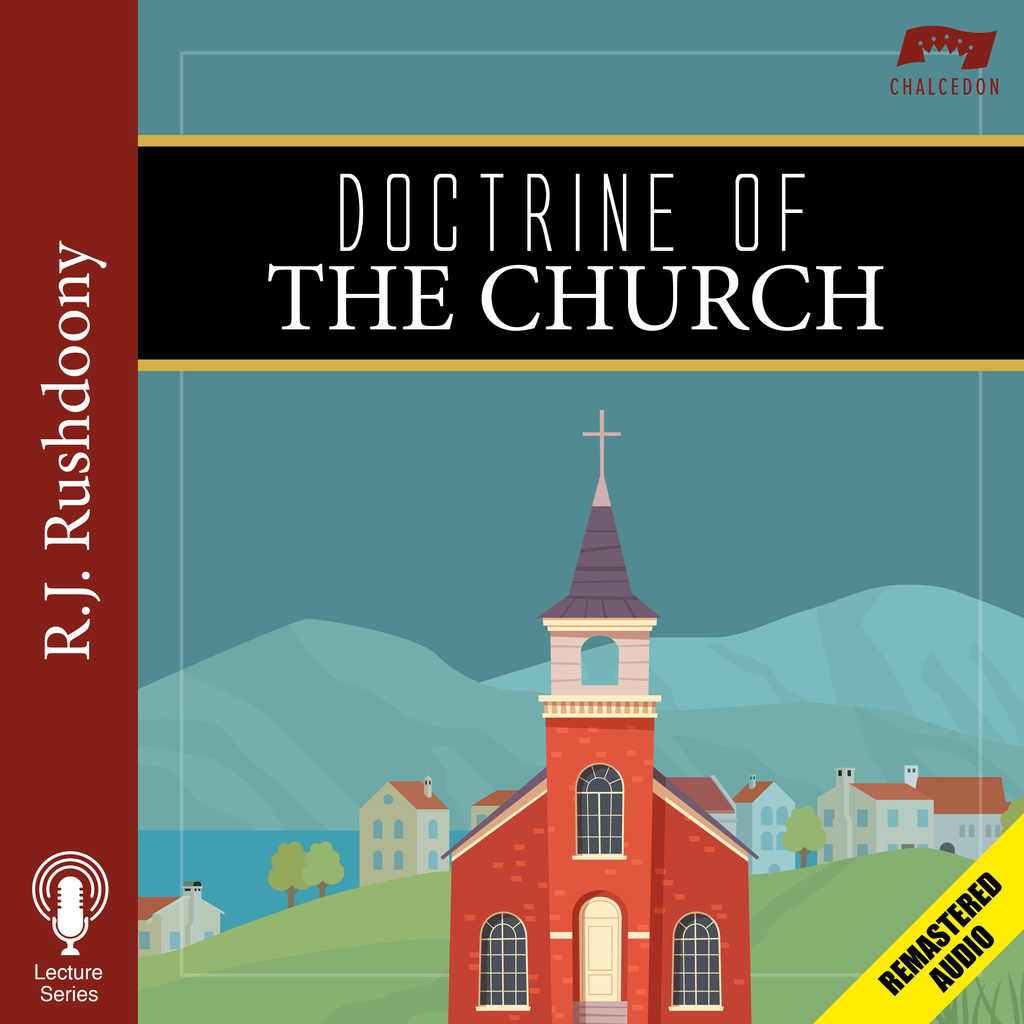
Loosing and Binding
The church does not have the power of the sword, or the power of terror, but of the keys of the kingdom, to open and shut, to loose and to bind ministerially, as God’s law allows. The freedom and the power of the church is in its faithfulness to this calling, so that where two or three are gathered together in his name, as members of a congregation or as the congregation itself, the two or three hundred, or two or three dozen, or two or three thousand, and they are faithful to the Lord, they have power, whether in the little group or in the congregation.

- R. J. Rushdoony
The church does not have the power of the sword, or the power of terror, but of the keys of the kingdom, to open and shut, to loose and to bind ministerially, as God’s law allows. The freedom and the power of the church is in its faithfulness to this calling, so that where two or three are gathered together in his name, as members of a congregation or as the congregation itself, the two or three hundred, or two or three dozen, or two or three thousand, and they are faithful to the Lord, they have power, whether in the little group or in the congregation.

- R. J. Rushdoony
Rev. R.J. Rushdoony (1916–2001), was a leading theologian, church/state expert, and author of numerous works on the application of Biblical law to society. He started the Chalcedon Foundation in 1965. His Institutes of Biblical Law (1973) began the contemporary theonomy movement which posits the validity of Biblical law as God’s standard of obedience for all. He therefore saw God’s law as the basis of the modern Christian response to the cultural decline, one he attributed to the church’s false view of God’s law being opposed to His grace. This broad Christian response he described as “Christian Reconstruction.” He is credited with igniting the modern Christian school and homeschooling movements in the mid to late 20th century. He also traveled extensively lecturing and serving as an expert witness in numerous court cases regarding religious liberty. Many ministry and educational efforts that continue today, took their philosophical and Biblical roots from his lectures and books.